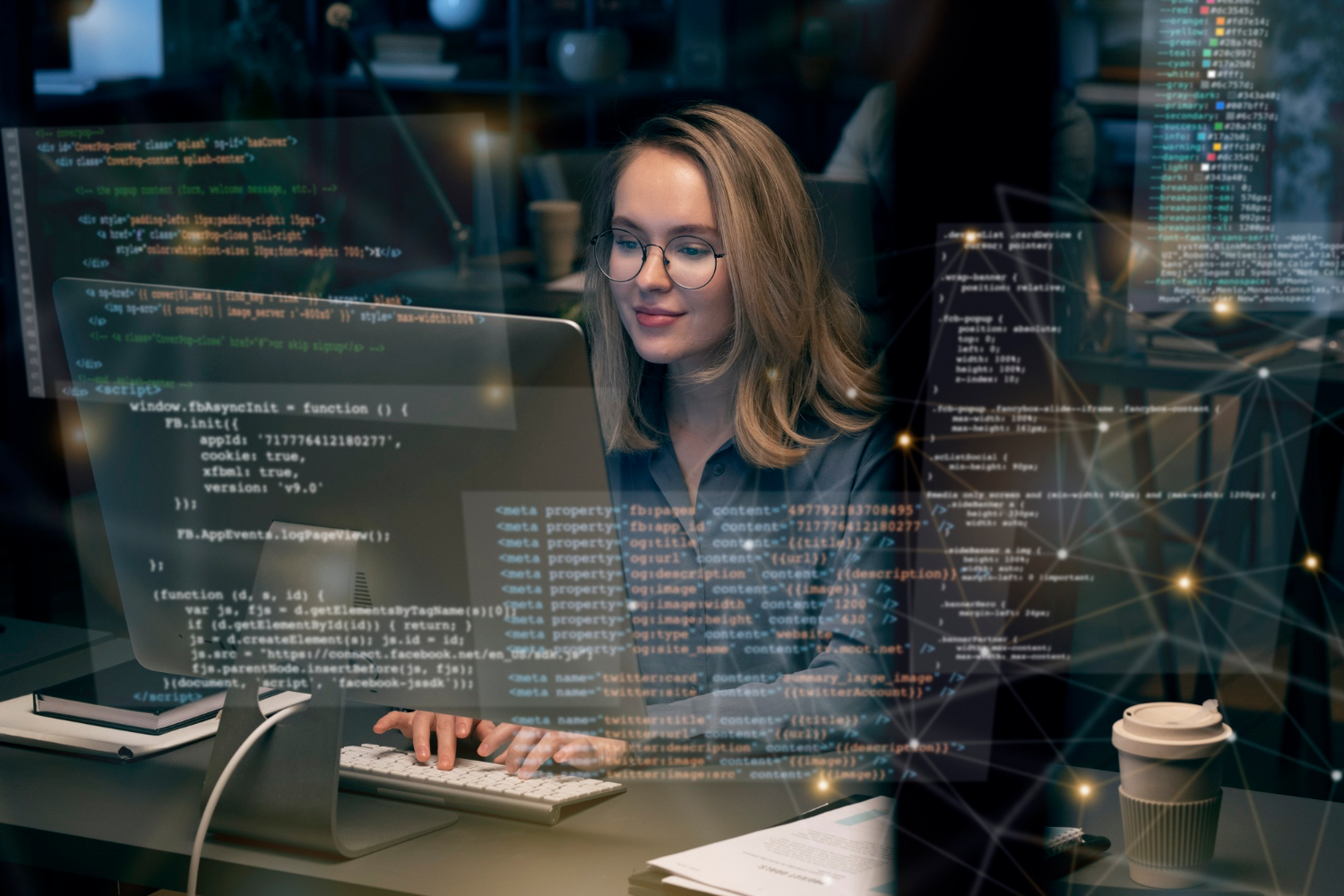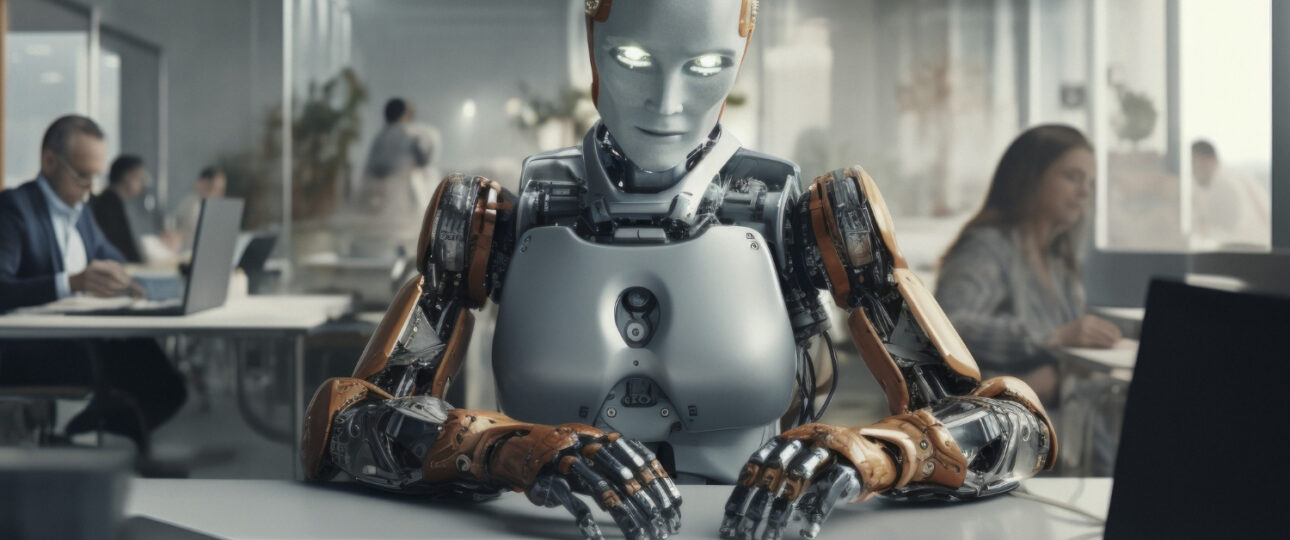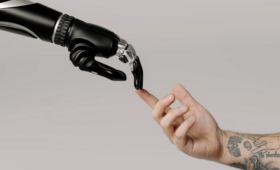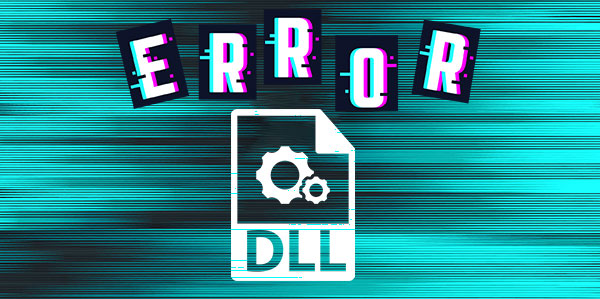The workplace is changing faster than ever. Robotics and artificial intelligence (AI) are no longer futuristic ideas. They are here, shaping how people work, produce, and think. From factories to offices, automation is transforming industries, job roles, and skill requirements. This shift is not about replacing humans entirely but redefining how work gets done. Understanding this change helps businesses and individuals adapt to a world where humans and machines collaborate more closely than ever before.
The Rise of Intelligent Automation
AI and robotics have moved far beyond simple mechanical tasks. Modern systems can analyze data, make predictions, and even learn from past actions. Automation is now intelligent. Robots can handle precision manufacturing while AI algorithms make decisions in finance, healthcare, and logistics. This combination creates efficiency on a scale that traditional methods cannot match. The goal is to ensure that human creativity and machine precision work side by side, not in competition.
The Balance Between Humans and Machines
The relationship between humans and machines is evolving. Automation handles speed and accuracy, while humans provide empathy, ethics, and emotional understanding. This balance is what makes AI integration successful. Businesses must design workflows where machines take over repetitive processes, allowing employees to focus on complex thinking. Maintaining this harmony requires the utmost care in planning and ethical oversight. Technology should serve people, not control them.
The Economic Impact of Automation

The economic effects of robotics and AI are significant. Productivity rises, costs drop, and output improves. However, there are challenges, such as job displacement and workforce transitions. While some roles disappear, others emerge in fields like robotics, maintenance, software engineering, and AI ethics. Economies that invest in retraining and education will adapt faster. This transition period will test how societies manage change while protecting employment stability.
The Changing Roles Across Industries
Every sector feels the impact of automation. In manufacturing, robots assemble products with remarkable accuracy. In retail, AI manages inventory and predicts buying trends. Even healthcare uses robotic surgery and diagnostic algorithms. Jobs that once required manual labor or repetitive work are being redesigned. People now focus on supervision, problem-solving, and innovation. The workforce is shifting toward roles that use human judgment where machines cannot fully replicate intuition.
New Skills for a New Era
As automation grows, so does the demand for new skills. Technical literacy, data analysis, and digital problem-solving are now essential. Soft skills such as communication, adaptability, and creativity remain just as important. Workers who learn to collaborate with AI gain a unique advantage. Training programs and continuous learning have become critical in helping employees stay relevant. The future belongs to those who embrace technology, not resist it.
Ethical and Social Considerations
With new technology comes ethical questions. How should companies use AI responsibly? How do we ensure fairness and prevent bias in automated systems? Transparency and accountability are essential in building trust. Businesses need policies that define where and how AI can make decisions. People must remain part of the process to guarantee ethical standards. The future of work will depend on how society balances progress with responsibility.
Preparing for this new era means embracing adaptability. Companies must invest in workforce development, and individuals should seek ongoing education. Schools and universities are updating curricula to reflect digital realities. Governments play a key role in providing retraining programs and support for displaced workers. The goal is not to resist change but to guide it. By fostering collaboration between humans and technology, societies can create stronger, more innovative economies.




